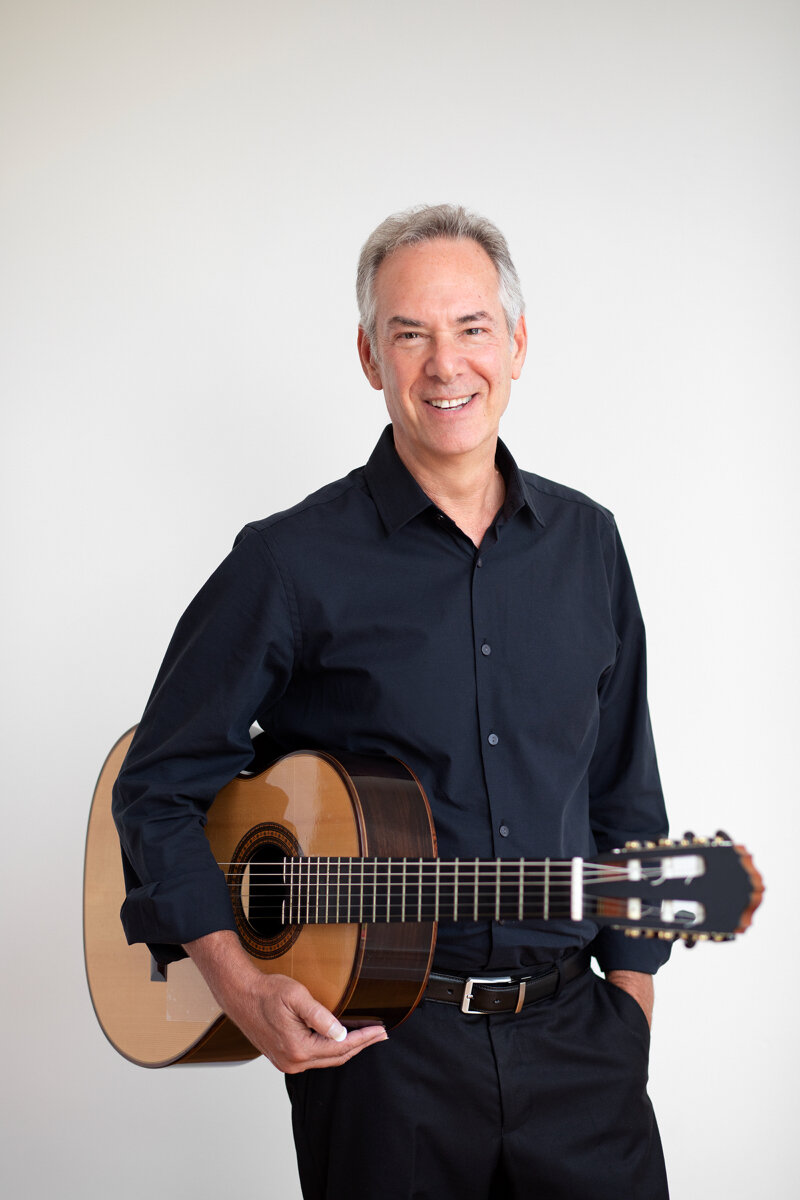Kleynjans Day at Oberlin
Each semester, I ask my studio to learn the concert studies of a specific composer. Last semester it was the ubiquitous Villa-Lobos 12; the semester before, they played the slightly more obscure but extremely valuable studies of Angelo Gilardino, the
"Studi di Virtuosità e di Trascendenza."
This semester, each member of the class prepared a concert study by French/Belgian composer Francis Kleynjans. Kleynjans published two volumes of studies, one entitled "7 Études the Concert," and the other "8 Études de Concert." Maddeningly, they are not numbered sequentially (1-15), but rather, 1-7 and 1-8. Labeling them, therefore, is problematic. (There are two "Etude 1's," two "Etude 2's," etc.). I decided to refer to them with a number-slash combination, such that "3/8" is the third study from the collection of 8, "4/7" is the fourth study from the collection of 7, and so on.
Kleynjans claims to have written over 700 works, most of which are for solo guitar. (Guitar Solo lists 166). His pieces range from simple works for students to complex and lengthy multi-movement works in neo-romantic or neo-classical styles, to modern-style pieces, such as his well-known
A l'aube du dernier jour.
In his Études de Concerts, Kleynjans has written a substantial and, in my view, superb collection of studies. In addition to these two folios, he also wrote a collection of seven shorter studies called Étudines; I often assign them to intermediate students as they are a terrific replacement for the first ten Estudios Sencillos of Brouwer, which get a bit overplayed.
To me, a good study has two critical properties: the pedagogical challenge in question is repeated enough to truly give the player an opportunity to improve at it, and the piece has to be aesthetically appealing. If the given arpeggio pattern, for instance, is not repeated sufficiently, or is so interspersed with other material that the player gets no particular sense of what technique is being studied, then the study fails. And of course, if the piece is not appealing in some way, the player won't choose to play it and again, the study will fail. Kleynjans' studies succeed beautifully in both arenas. The studies are long, often 4-5 pages. They are written in a neo-romantic style, unabashedly lyrical and sometimes even cloyingly sentimental, but always attractive. They use the entire guitar neck without hesitation and are often very difficult to play well, particularly at the tempi he suggests (often very fast). I find them to be incredibly effective both as concert show pieces and as teaching pieces.
We decided to include them on our end-of-the-semester Studio Recital in addition to the more intimate presentation our classroom demonstrations represented.
Here, in Kulas Hall, are the students as they played the following Etudes:
Stephen Fazio played 5/8 in E.

Mohit Dubey played 6/8 in Bm.

Philip Lutz played 1/7 in Am.

Jacob Blizard played 5/7 in D.

Rebecca Klein played 3/8 in E.

Lenny Renallo played 7/7 in Am.

Brian King played 8/8 in G.

Max Lyman played 7/8 in D.

Dan Nitsch played 3/7 in Em.

In addition, Crispin Swank (not pictured), prepared 2/7 in D.
The students really liked hearing them all performed like this. The process conveys clearly what the pieces are like and is a powerful invitation for each student to explore the studies they heard but
didn't play this time. I
strongly recommend these pieces!



